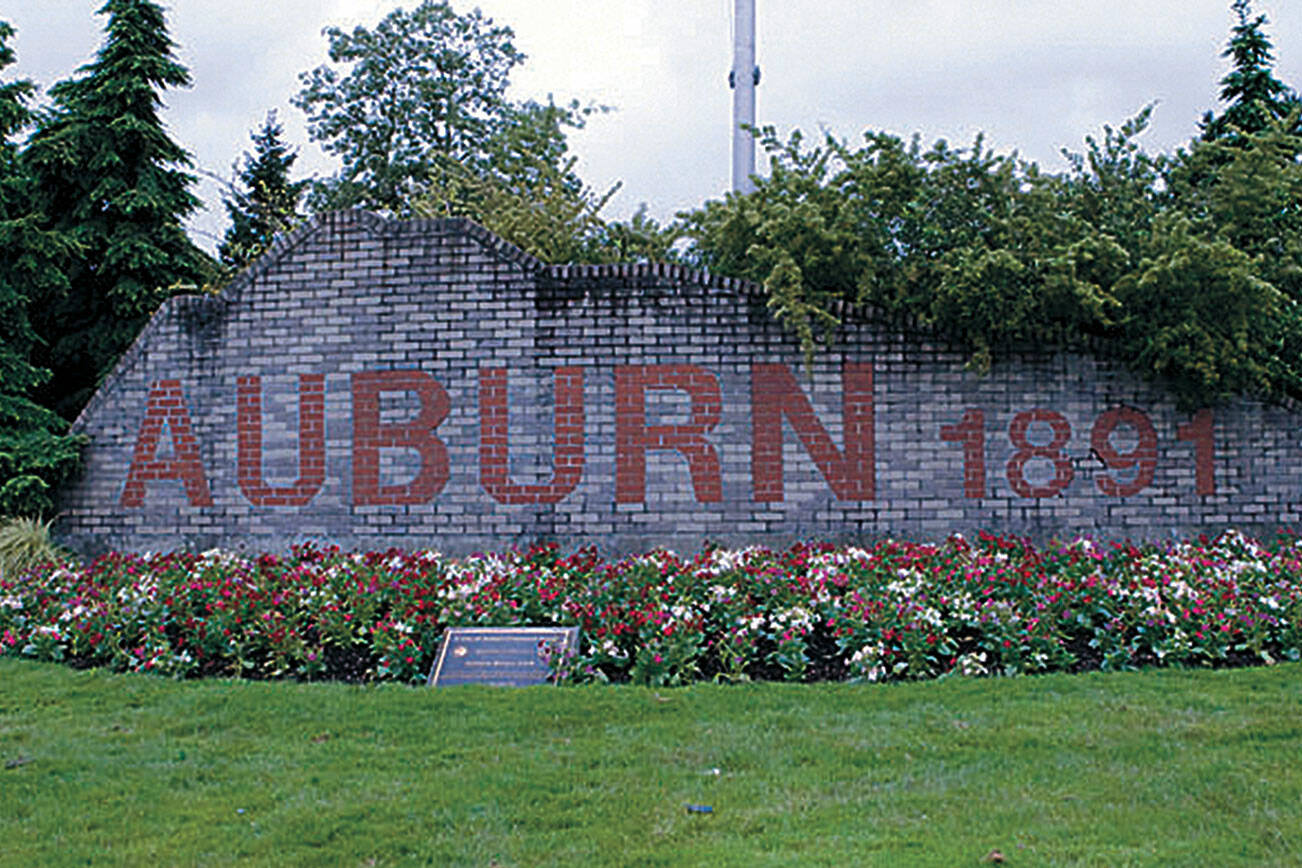According to King County, its regional EMS system serves more than 2.3 million people across the region, providing emergency services with an estimated two minutes of response time on average.
By simply dialing 911, all King County residents today enjoy immediate access to medical care, regardless of location, circumstances, or time of day. Think advanced life support — ALS, or paramedics — and basic life support or EMT first responders.
On April 21, the Auburn City Council unanimously approved a resolution green-lighting the placement of a countywide ballot measure before voters in 2025 for a levy to support Medic One/Emergency Medical Services (EMS) from Jan. 1, 2026, to Dec. 31, 2031.
King County EMS Director Michele Plorde, who addressed the council before its unanimous vote, estimated the 25-cent levy rate would result in $1.56 billion in total revenue for the King County EMS fund through 2031.
The average monthly cost for a homeowner (based on an average $844,000 home) would be $211. If approved by the King County Council, the six-year levy renewal measure would appear on the November general election ballot.
Overseeing the creation and vetting of the Medic One/EMS levy, Plorde said, has been the 20-body EMS Advisory Task Force, which is charged with reviewing and endorsing broad policy decisions for the EMS system. This group consists of elected officials from King County cities and fire districts.
Representing those who administer, authorize, and are served by the system, the task force determined the right proposal, and the financial implications it may have for the jurisdictions. Brad Thompson, Chief of the Valley Regional Fire Authority, represented the VRFA on that committee.
Auburn City Councilmember Kate Baldwin had this to say: “If we’re looking at that $200-plus dollar amount, I think that’d rough-out to just under $20 a month that a household would be looking at. So, if you’re considering that by week, you’re looking at maybe $5 a week, what you might pay for a cup of coffee, to make sure that if anyone in your household, or your family, or a visitor needs that service, you’ve just upped their chance of surviving, [and] I think that’s a pretty good value.”
In other action, the Auburn City Council later authorized Mayor Nancy Backus to execute a purchase-and-sale agreement for commercial property owned by Wells Fargo Bank at 105 1st St.
The city will use the property to provide parking displaced by the future second parking garage on A Street just northwest of Auburn City Hall, which once served city employees in the annex building just east of City Hall.
The council later approved three separate resolutions that:
• Authorize the mayor to execute and administer agreements accepting supplemental grant funds from the Washington State Department of Transportation and Federal Highway Administration for three projects: Auburn Way South widening of from Hemlock Street to Poplar Street Southeast; pedestrian improvements for 1st Street Northeast/NW and N Division Street; and street preservation from 37th Street Southeast to Lakeland Hills Way. Baldwin, who is sometimes resistant about accepting grant funds, changed her tune for these: “While the grants are there and available, let’s get ‘em,” Baldwin said.
• Approved the lodging tax grant disbursements recommended by the Auburn Lodging Tax Advisory Committee and authorized Mayor Backus to execute agreements between the City of Auburn and Flight Club Foundation, the City of Auburn and Emerald Downs Racing LLC, and the City of Auburn’s Parks, Arts and and Recreation Department for tourism, marketing, and hotel rooms for tourism events; and
• Designating the city’s sanitary sewer engineer and utilities engineering manager to represent Auburn on the Metropolitan Water Pollution Abatement Advisory Committee.


